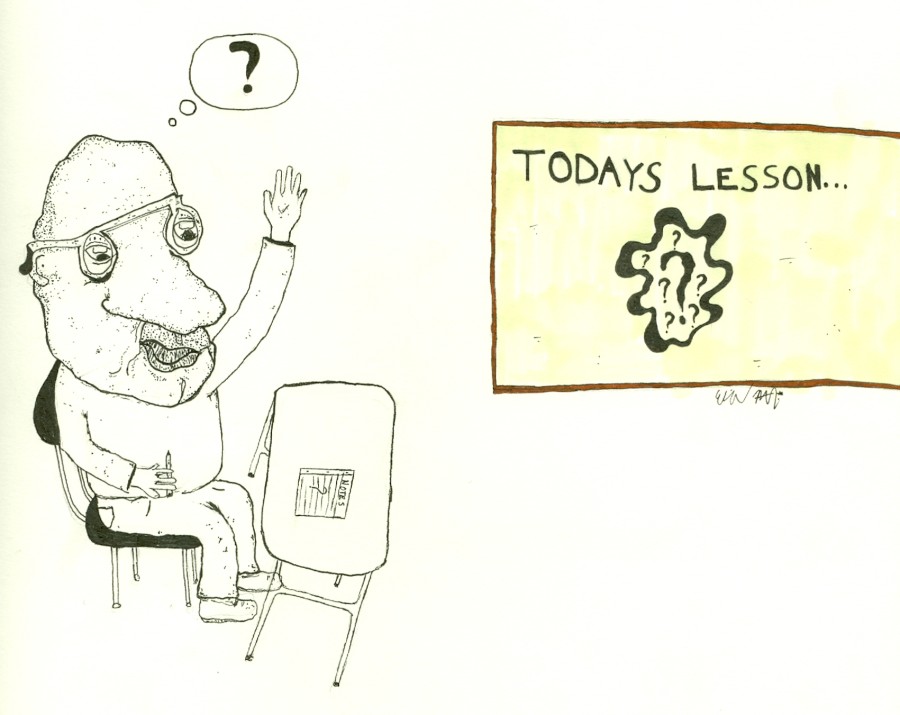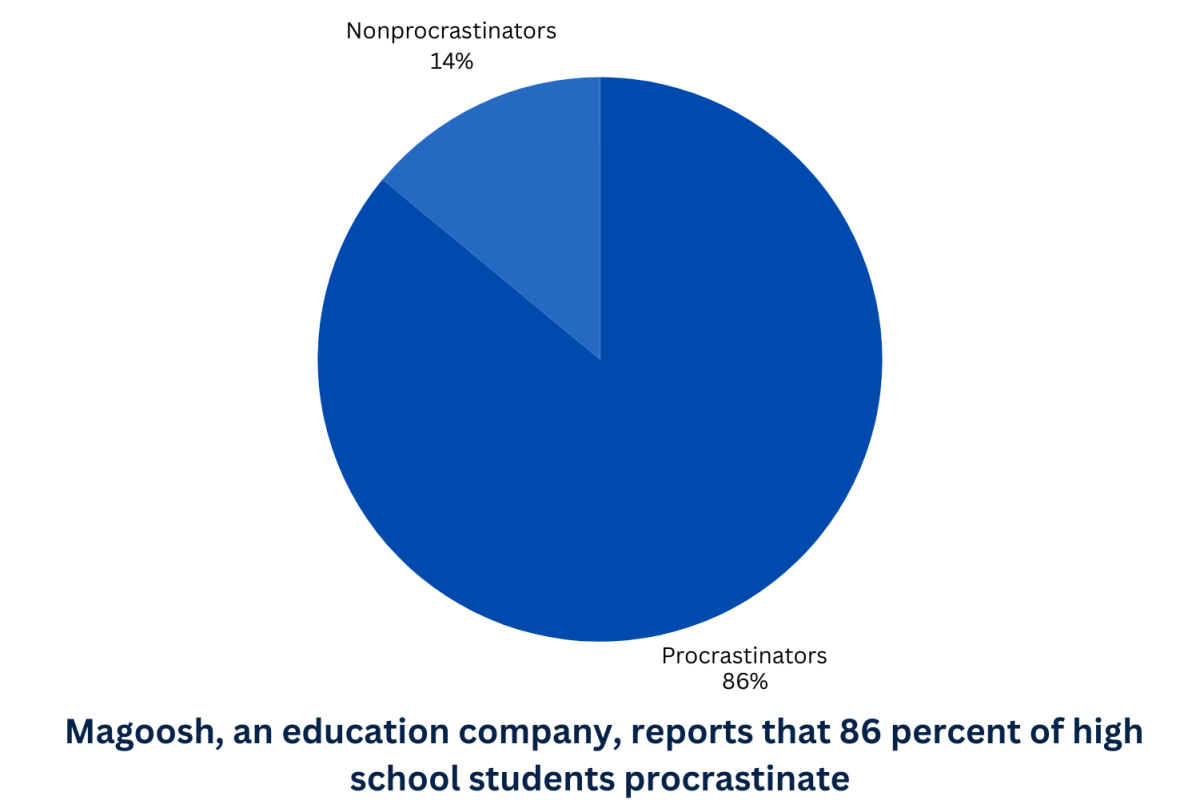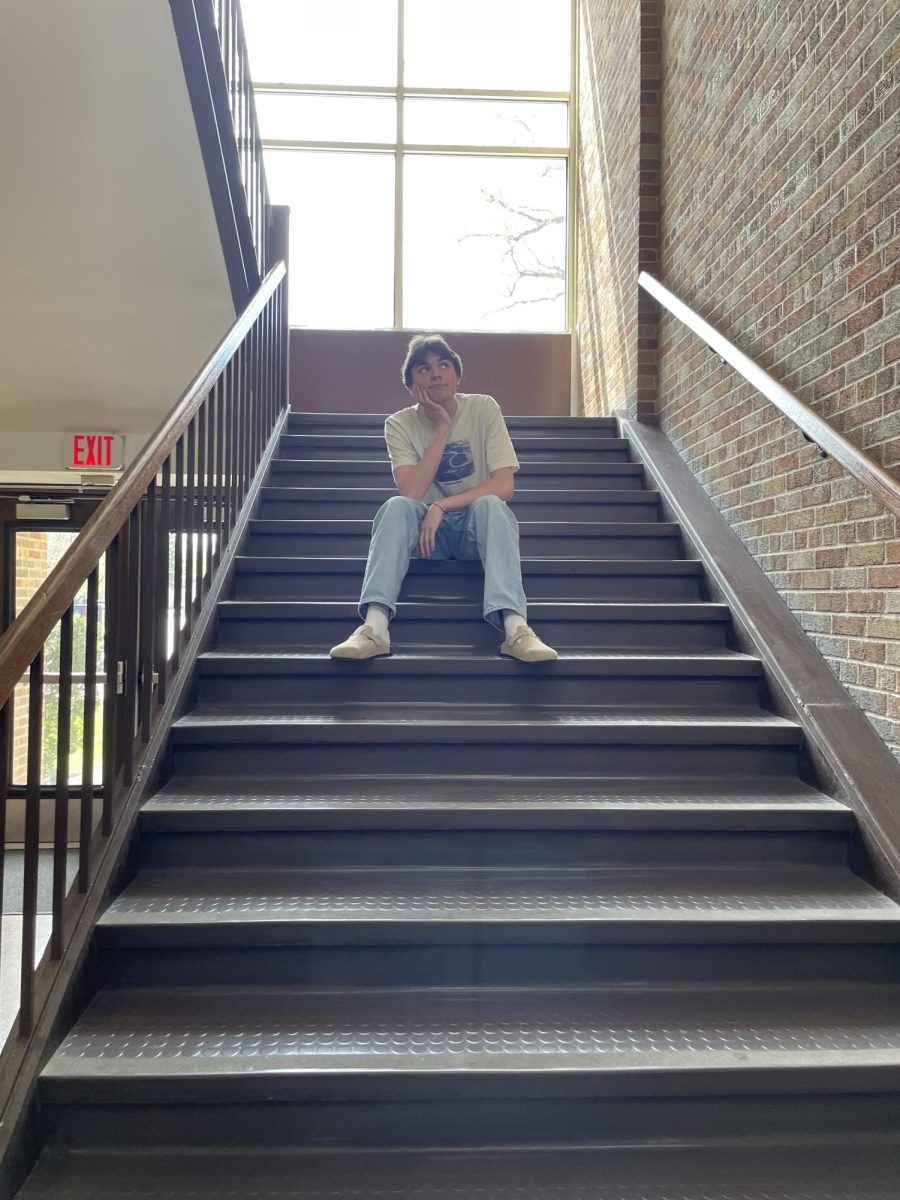A frequent comment made by students when they’re complaining to their parents about school or trying to study with a friend is, “she’s such a terrible teacher” or “he doesn’t know how to teach.” While some of these accusations may be students attempting to place blame somewhere for their poor grade, the Drops of Ink staff discussed the truth behind the notorious “terrible teacher” concept.
First off, when the staff was prompted to raise their hand if they’ve ever felt like they’ve had a “bad teacher,” the entire class shot up their hands. When asked why we felt like a teacher was poor, the answers varied across the board.
Students tend to get aggravated when they don’t understand a concept in class. Not understanding the foundation of a concept just leads to confusion throughout the entire chapter or unit, which puts kids in a hole so deep, they feel like they can’t get out. We feel it’s important for teachers to extensively explain the foundation of a unit because the material is most likely a foreign concept to students and requires deep explanation. On the other hand, some staff members feel like their notes in class seem easy and understandable, but the homework and tests do not match the level of difficulty, being much harder than the original content learned during school hours.
The aggravation deepens when teachers don’t go over the nearly impossible homework or tests, which makes students feel like they never got a good grasp of the concept, worsening their position for the rest of the unit. Even when teachers do go over the homework, they often do so too quickly because they want to make sure they move on to the planned lesson for the day, which doesn’t help at all.
Being lost and confused during class is a common feeling for students, so it is nice to be able to ask questions. According to the DOI staff, the unfortunate aspect to asking questions is that some teachers often treat your questions as a joke and almost laugh at your confusion on such an “easy concept.” This only discourages students even more and leads them to never want to raise their hand again. When this happens, students then rely on help from the teacher outside of class time. The problem with this is that many staff members feel like some teachers are unapproachable and don’t outwardly seem like they want to help. There are many teachers at LHS who always offer help before school, after school, and during study hall or lunch periods, but some teachers fail to offer their time to students. The DOI staff feels that it is unfair when teachers don’t put in effort to help kids review and understand but expect the students to put in hard work for their class. Learning is all about communicating and asking questions, so when a teacher makes students feel uncomfortable to do so, it hurts the student’s grade and ability to understand the material.
The DOI staff did have a lot to say about the “bad teachers” at LHS, but we also had a lot to say about the helpful techniques we have experienced from numerous teachers. It is agreed upon by all staff members that they learn better when the teacher is engaged with the material. Students enjoy when teachers don’t just go through Powerpoint slides, but ask questions to the class and tell stories at the same time. Application of skills is also another important factor to the staff. Application is best used through things like labs and practice problems, as they allow you to apply the skills you have been lectured about in class and see the concepts at work.
The most popular learning technique among the DOI staff was class discussion. Many students feel that discussion allows shy students to break out of their shell and allows students to see something from a different viewpoint while keeping the class active. Discussion allows for the teacher to show their true passion for the subject as well, which only intrigues the students more; when the teacher is excited, so are the students.
While every teacher in District 128 went through extensive education and interviews to obtain their job, their skills don’t always show through teaching. DOI does agree that LHS has a majority of amazing teachers who are always looking to help, re-explain, and engage with students. There is only a small amount of teachers who seem to be “bad” in DOI’s eyes, and we hope these suggestions are helpful.









